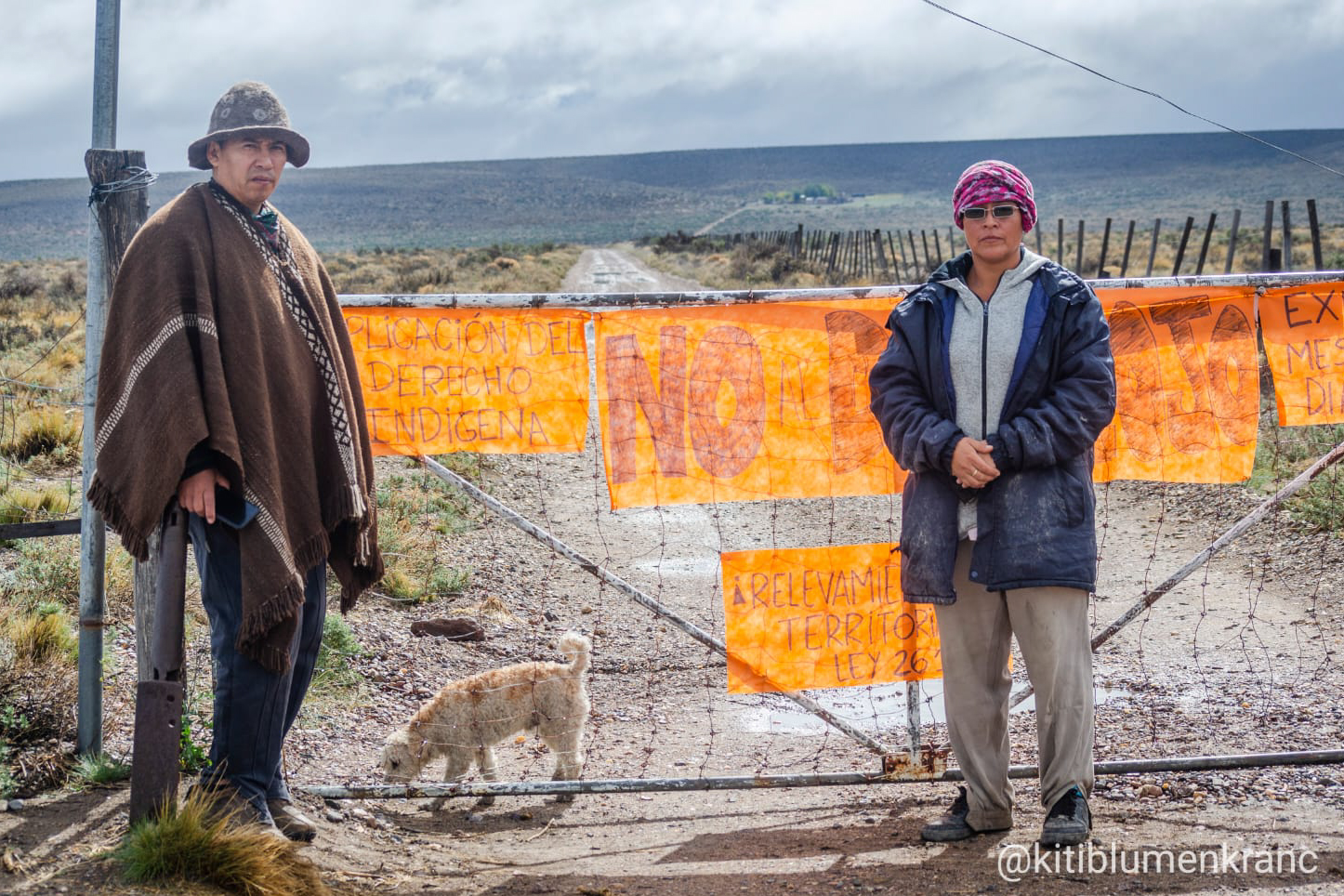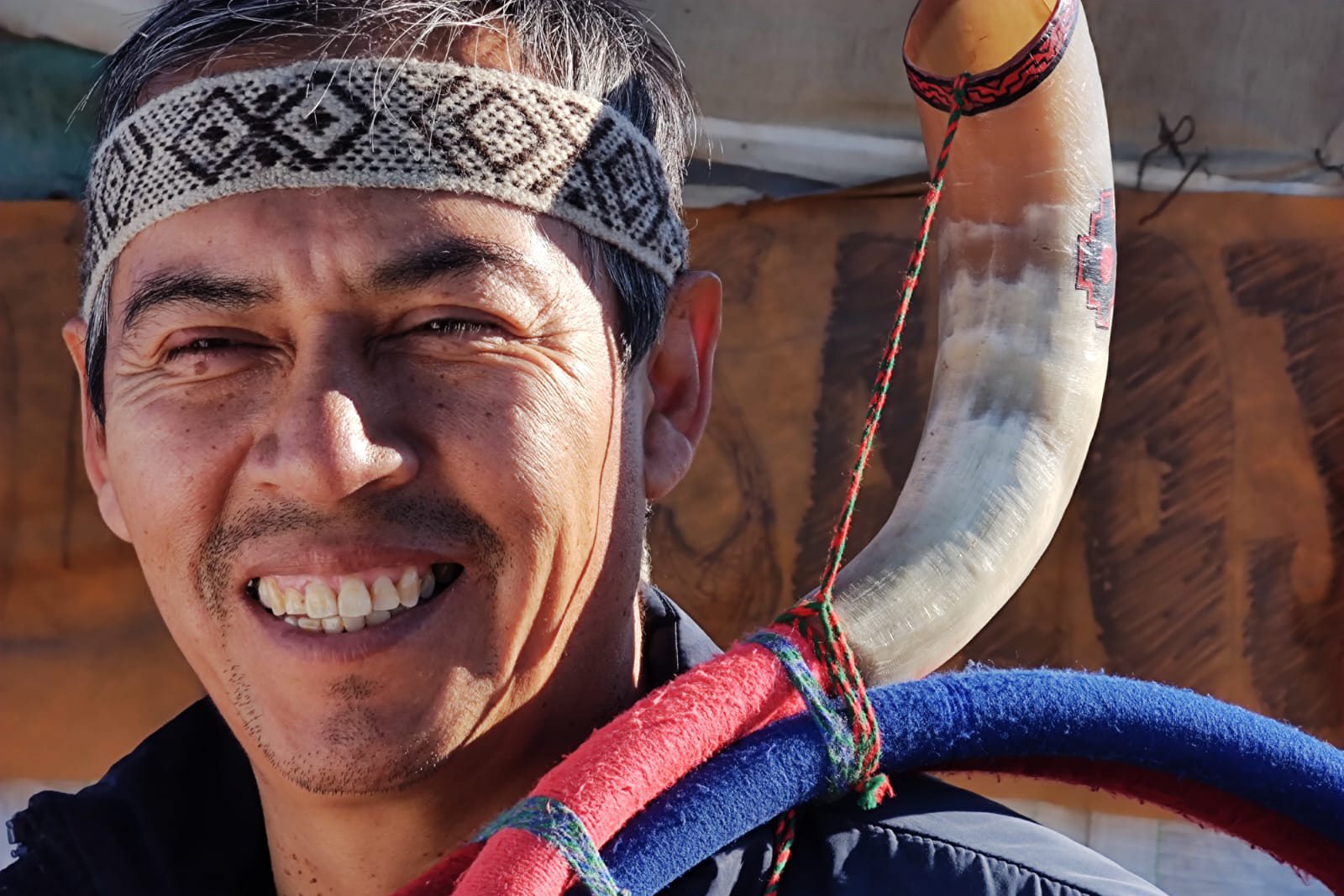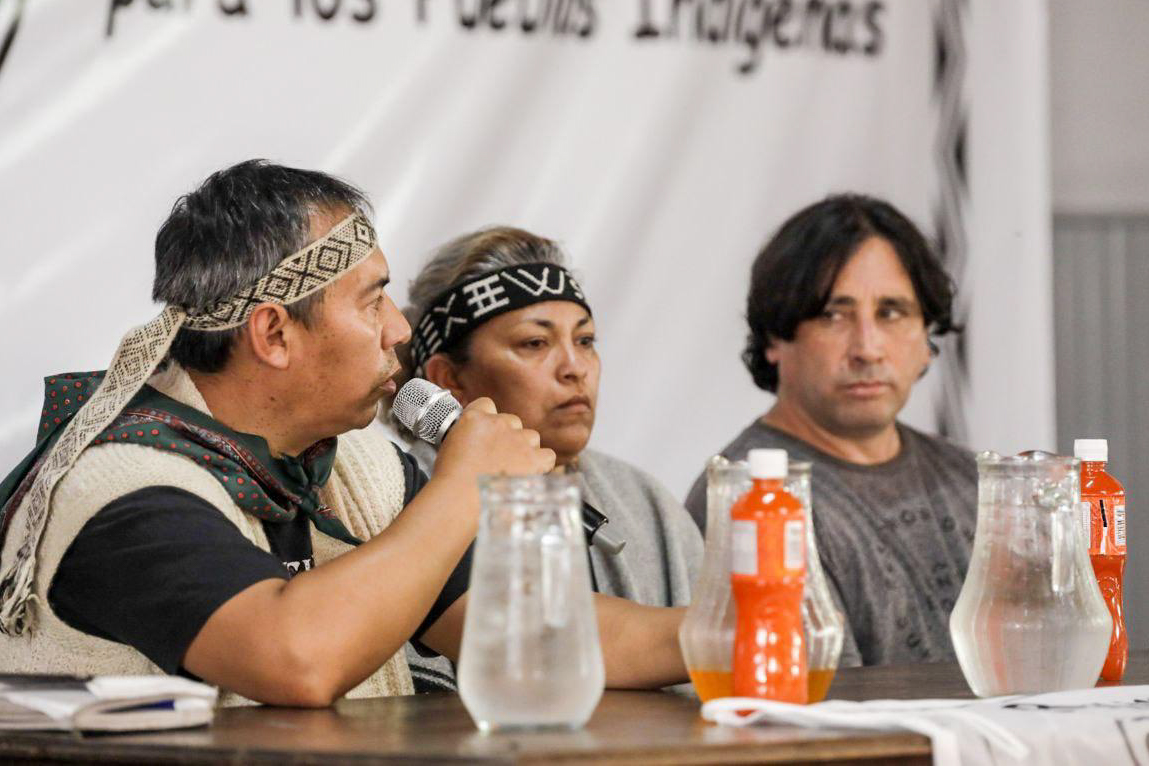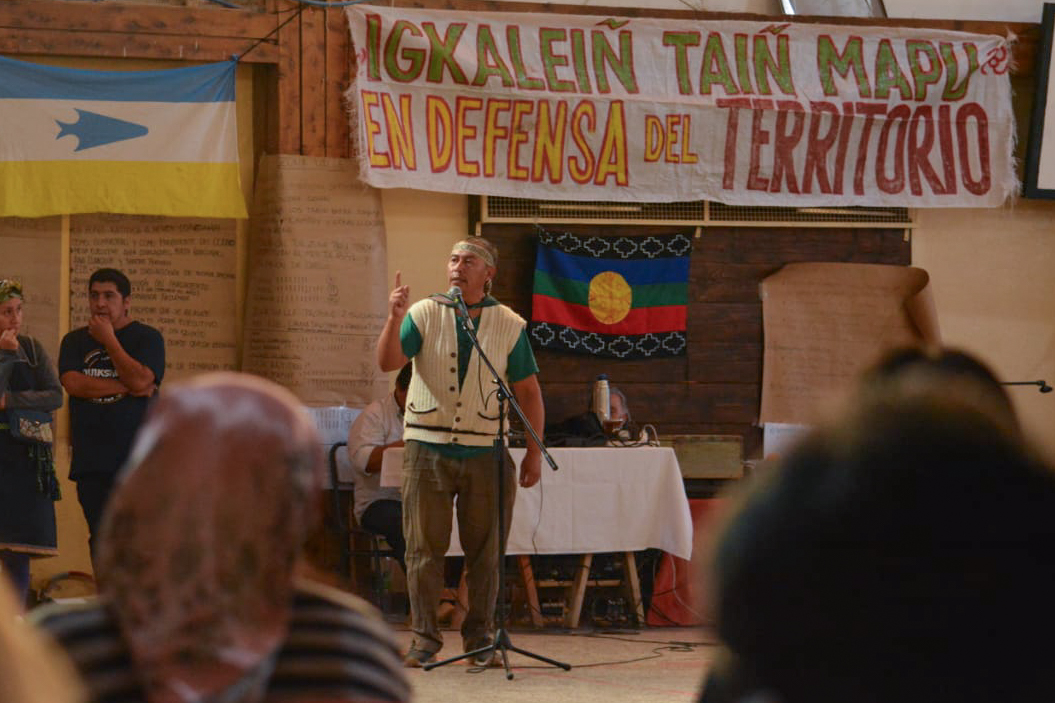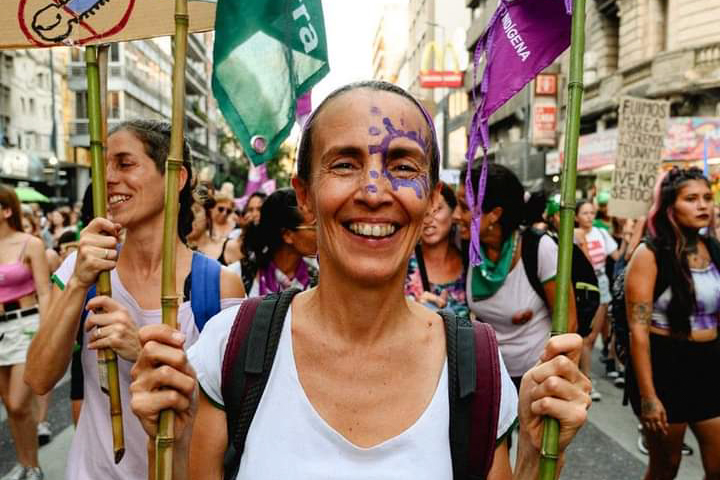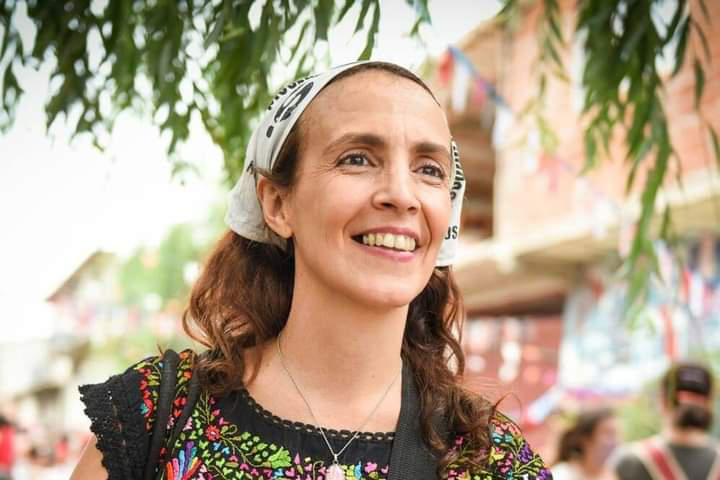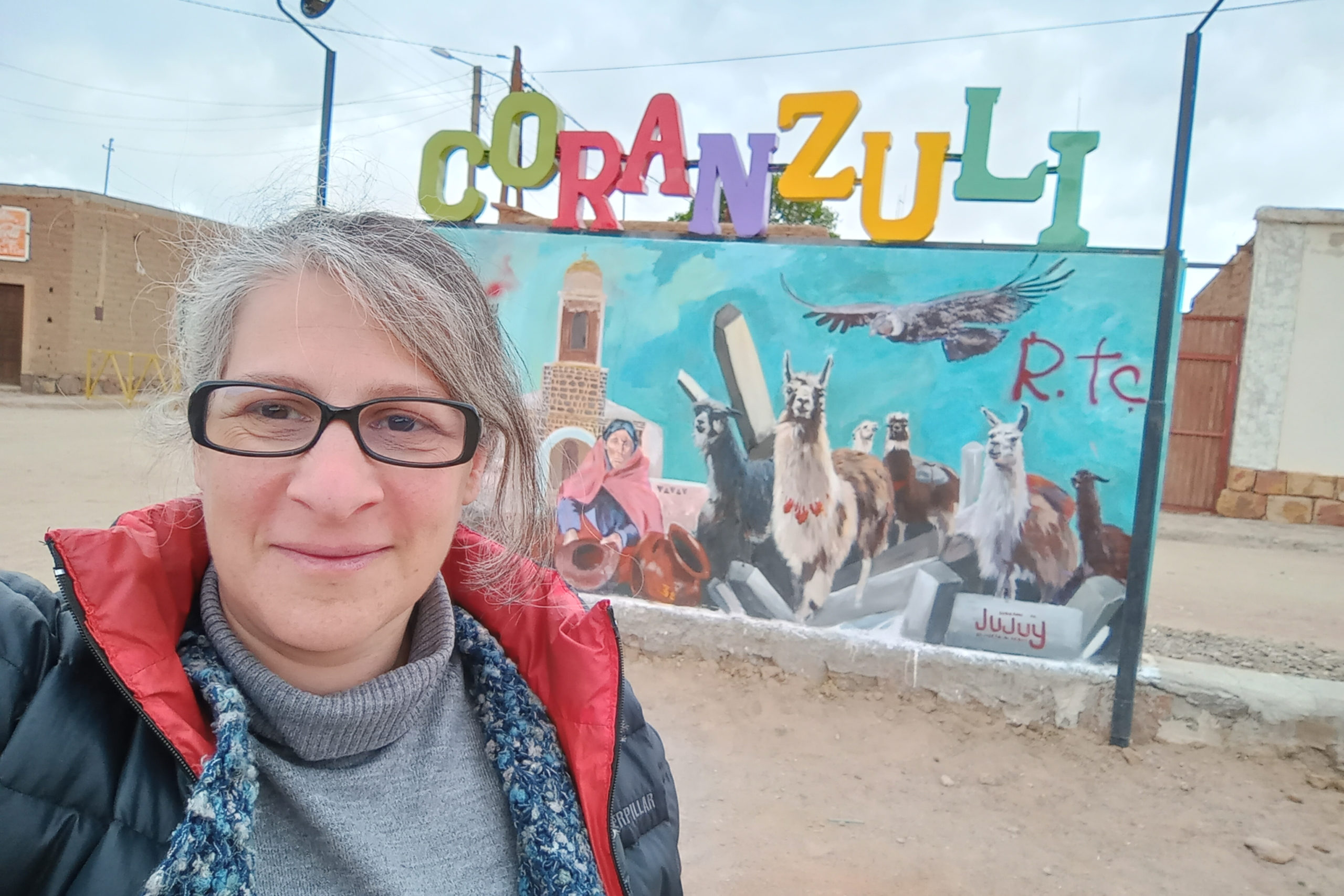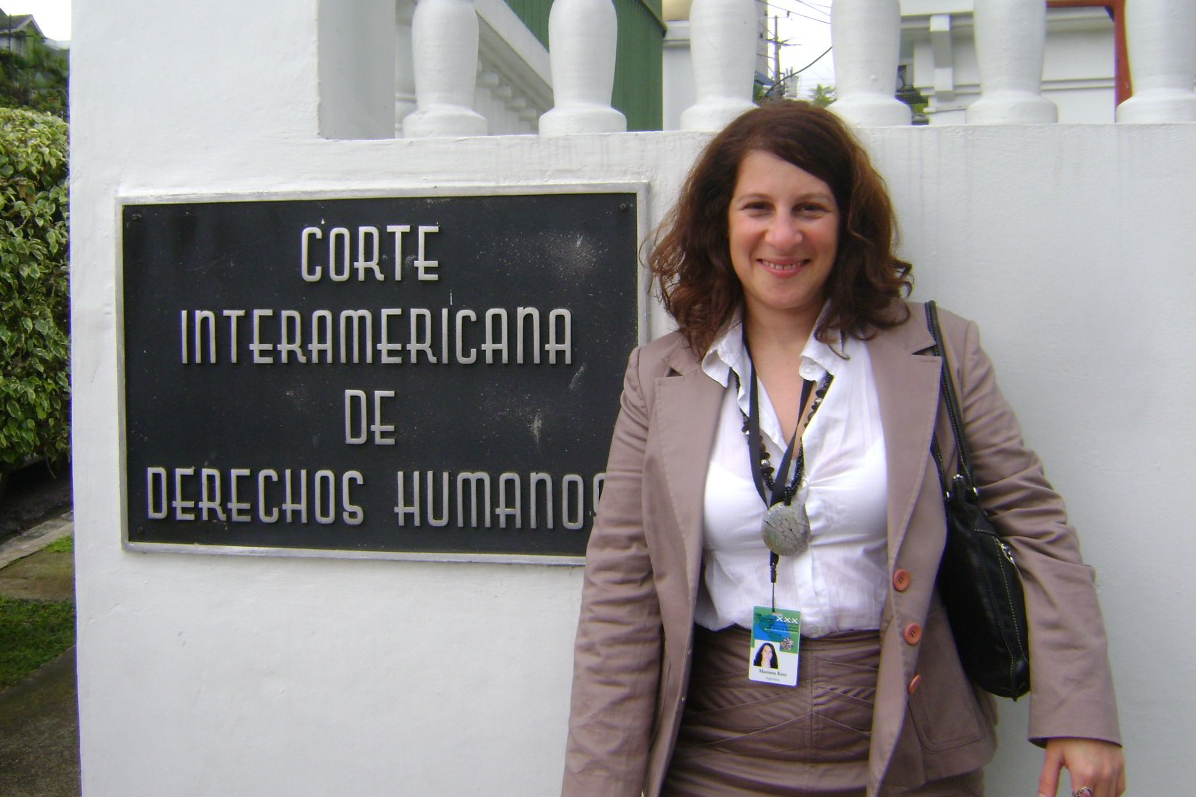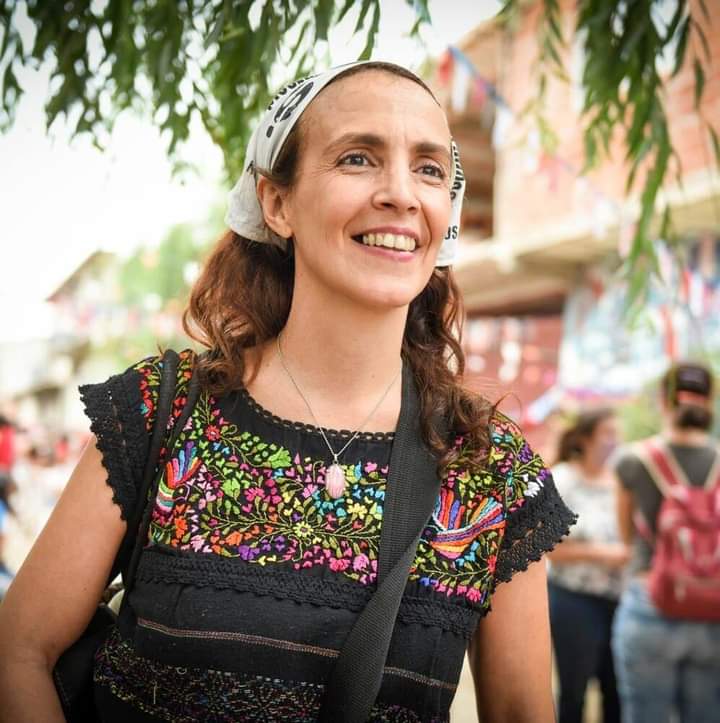
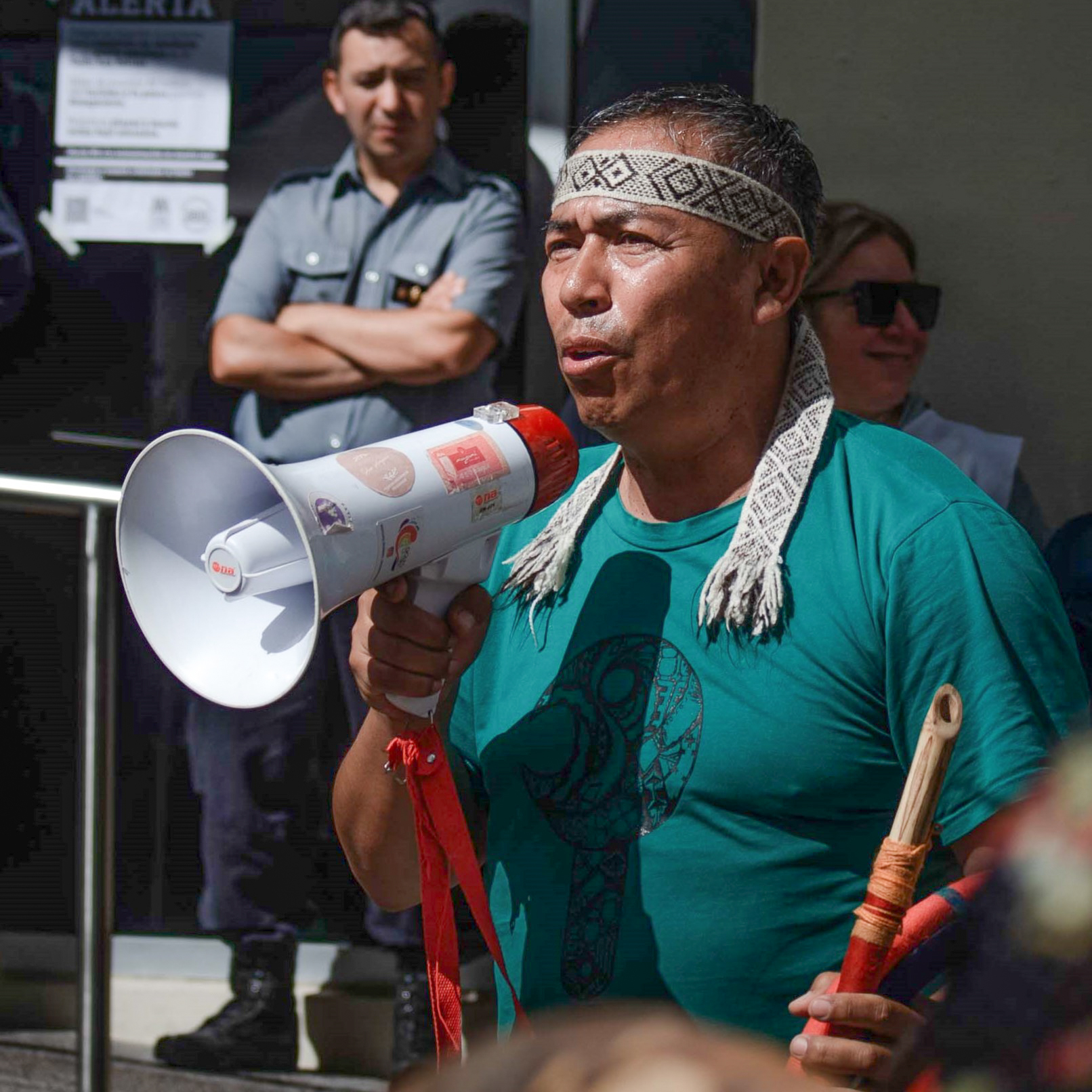
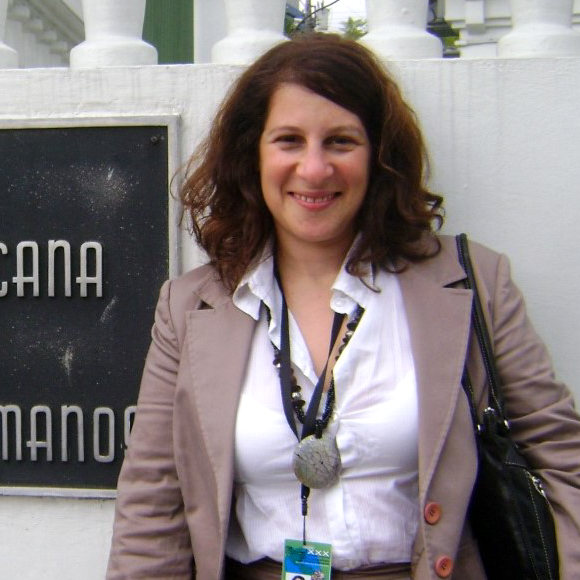
Be part of a 14 days tour by 3 key representatives from the front lines of resistance in Argentina and Pwelmapu. They are members of the Mapuche resistance, the farmers’ union, and the ecological and ecofeminist movement. Addressing the impact of Javier Milei’s disastrous policies, land grabbing, violation of indigenous rights and fracking expansion. And further demanding the regulation of European finance that supports them.
Objectives
- Support the indigenous and non-indigenous movements fighting for ecosystem preservation, environmental justice, and human rights vs the far right surge in league with fossil fuel and land grabbing industry.
-
Stop finance support to fracking industry and demand regulation of fossil fuel finance.
-
Generate support for the resistance of the Mapuche people.
Why those countries?
Switzerland‘s financial and trading centers Zurich and Geneva are fueling the devastation provoked in Argentina by the fossil fuel and agricultural industries. UBS/Credit Suisse and the Swiss National Bank, whose annual general meetings will be held on the 24th and 26th of April, are shareholders in Shell, which is heavily involved in the fracking of gas and oil from the Vaca Muerta field.
At the end of April, the G7 environment and energy ministers will meet in Turin, Italy, in preparation for the June summit in Puglia. The G7 countries are currently projecting us towards an immediate future of +4 degrees, in defiance of the rights of the affected communities and our common good. The G7 group plays a decisive role in regulating the international financial system. It is imperative that it puts in place rules guaranteeing an end to the financing of fossil fuel expansion, the right of local and indigenous communities to say no to gas, coal, and oil projects such as Vaca Muerta, and reparation for the damage done by those directly responsible.
The stakes are high in Brussels. The European Commission is pushing for the signing of the Free Trade Agreement with the MERCOSUR zone, to which Milei’s Argentina belongs. It is doing so in defiance of food sovereignty and the rights of small farmers and indigenous peoples. The European Parliament has just adopted a directive on Corporate Responsibility (Due Diligence). Following intense lobbying, the financial sector has been carefully kept out of this new regulation. European financial regulation is all the more essential. Furthermore, several European companies are collaborating in land grabs and the extractive rush promoted by President Milei’s mutant far right.
19th of April - Global Climate Strike Zurich
22nd of April - Public meeting at UNIGE
6:30 – 8:00 pm at MS160 UNIMAIL
panel discussion
24th of April - public meeting in Bern
Casa d’italia, Bühlstrasse 57
25th of April - online press conference with climate alliance
10:00 am
media contacts get invited
26th of April - AGM of SNB in Bern
30st of April - public meeting in Brussels
6:30 – 9:00 pm at TURBEAN
Avenue Paul Héger 22, Brussels
panel discussion
2nd of May - public meeting in Saint-Gilles
7:30 – 10:00 pm at DK
Rue de Danemark 70b, Saint-Gilles
panel discussion
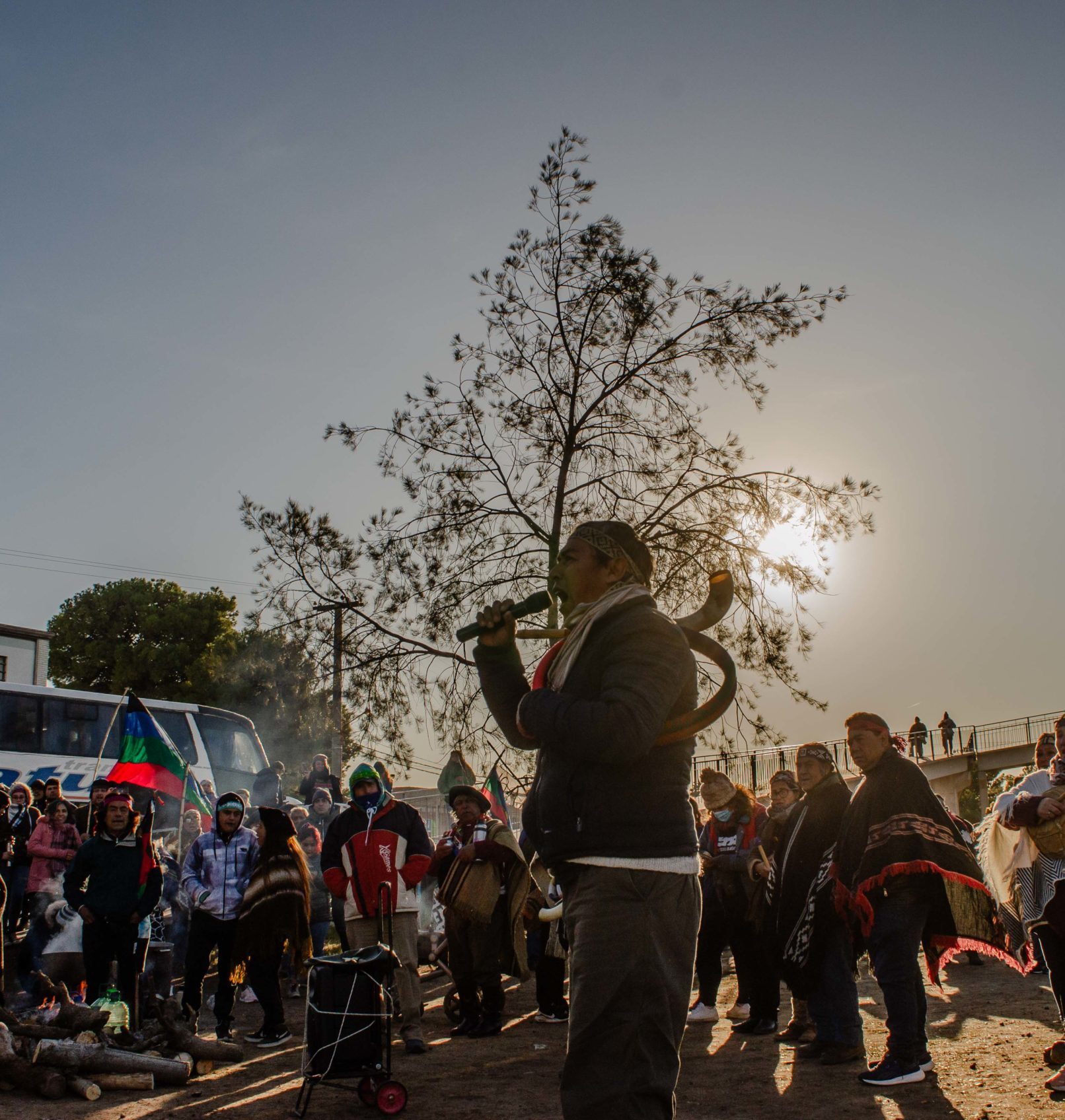
Orlando
Orlando Javier Carriqueo
Orlando Carriqueo Pignen is Werken (messenger) of the Coordination of the Tehuelche Parliament of Rio Negro. He is originally from the Elel Quimun Mapuche community, currently located in Fiske Menuco, known today as General Roca, but was born in Valcheta, which was Argentina’s first concentration camp on Mapuche territory during the “Desert Campaign” in 1879.
The Coordination of the Mapuche-Tehuelche Parliament of Rio Negro is an organization representing the communities of the province of Rio Negro, which includes some 164 communities. A large number of these communities meet annually in a Parliament that appoints leaders and representatives to carry out their functions. The Parliament’s Coordination Office, divided into 4 regions, comprises eighteen members, including 16 political representatives and 2 werken.
Carolina
Maria Carolina Llorens
María Carolina Llorens coordinates the MNCI Somos Tierra feminist team and is a member of the Vía Campesina Argentina coordination committee. She is an activist with the movement Paysan de Córdoba. Within the Alliance for Food Sovereignty in Latin America and the Caribbean, she is a member of the Women’s School coordination team. Social activist in human rights and social ecology organizations since her youth, she was one of the founders of H.I.J.O.S. (Red Nacional Hijos e Hijas por la Identidad y la Justicia), a network formed by the children of people who disappeared during the dictatorship.
Mariana
Mariana Katz is a lawyer with a doctorate from the Universidad Nacional del Sur, a degree in Climate Change Management from the Universidad Nacional de Quilmes and a law degree from the Universidad de Buenos Aires (UBA). Since 2009, she has been working with indigenous peoples within SERPAJ Argentina (Le Servicio Paz y Justicia), an organization founded by Nobel Peace Prize winner Adolfo Pérez Esquivel. She represents the people of Andalgalá in their fight against a mega-mine, and advises similar organizations in the province of Catamarca. She also teaches international relations and human rights at the Universidad Nacional de Avellaneda (UNDAV), and participates in research projects on critical pedagogy and human rights at UNS. She is a specialist in the inter-American human rights protection system and has been a guest lecturer at Mercosur’s interdisciplinary course on human rights.


